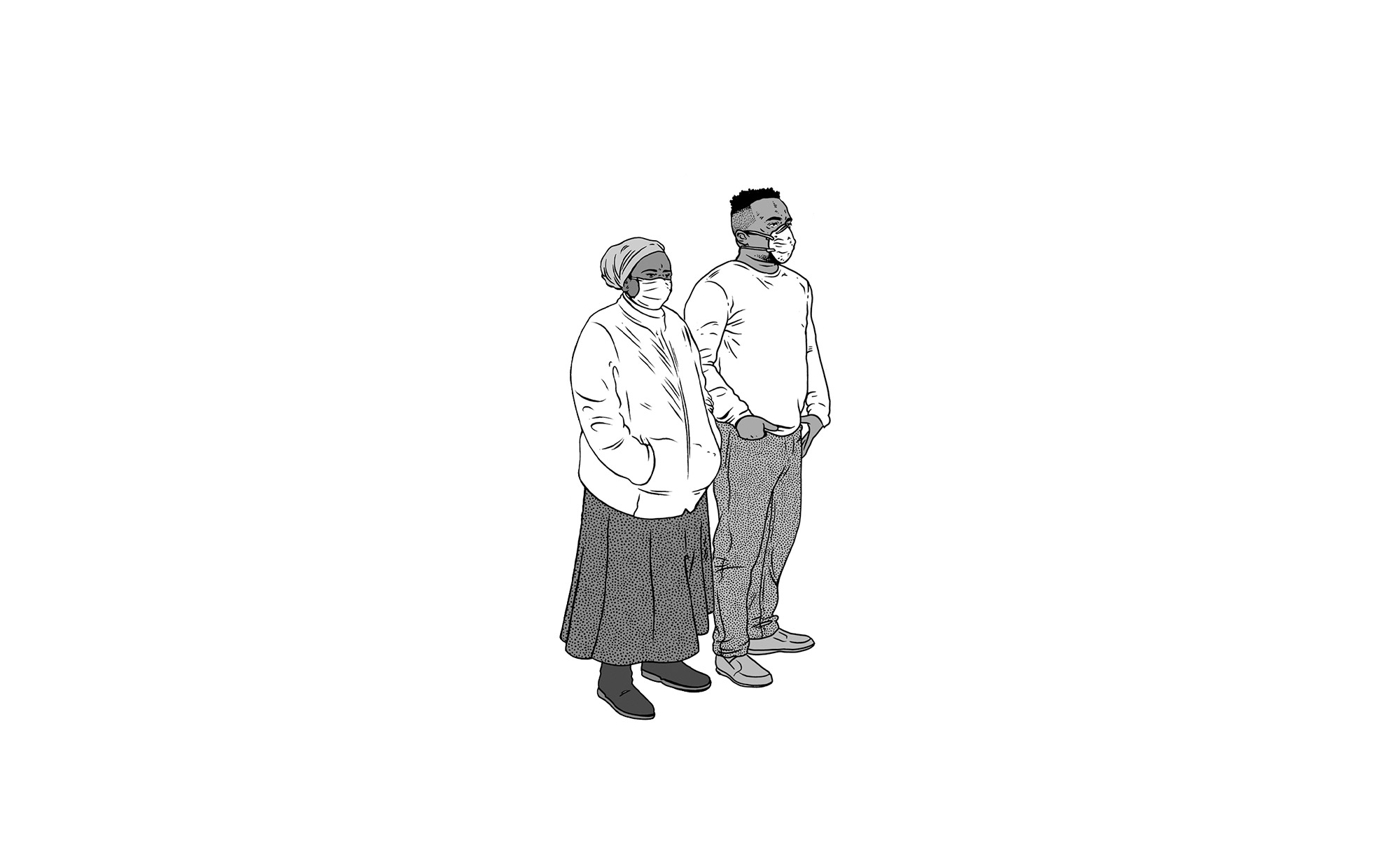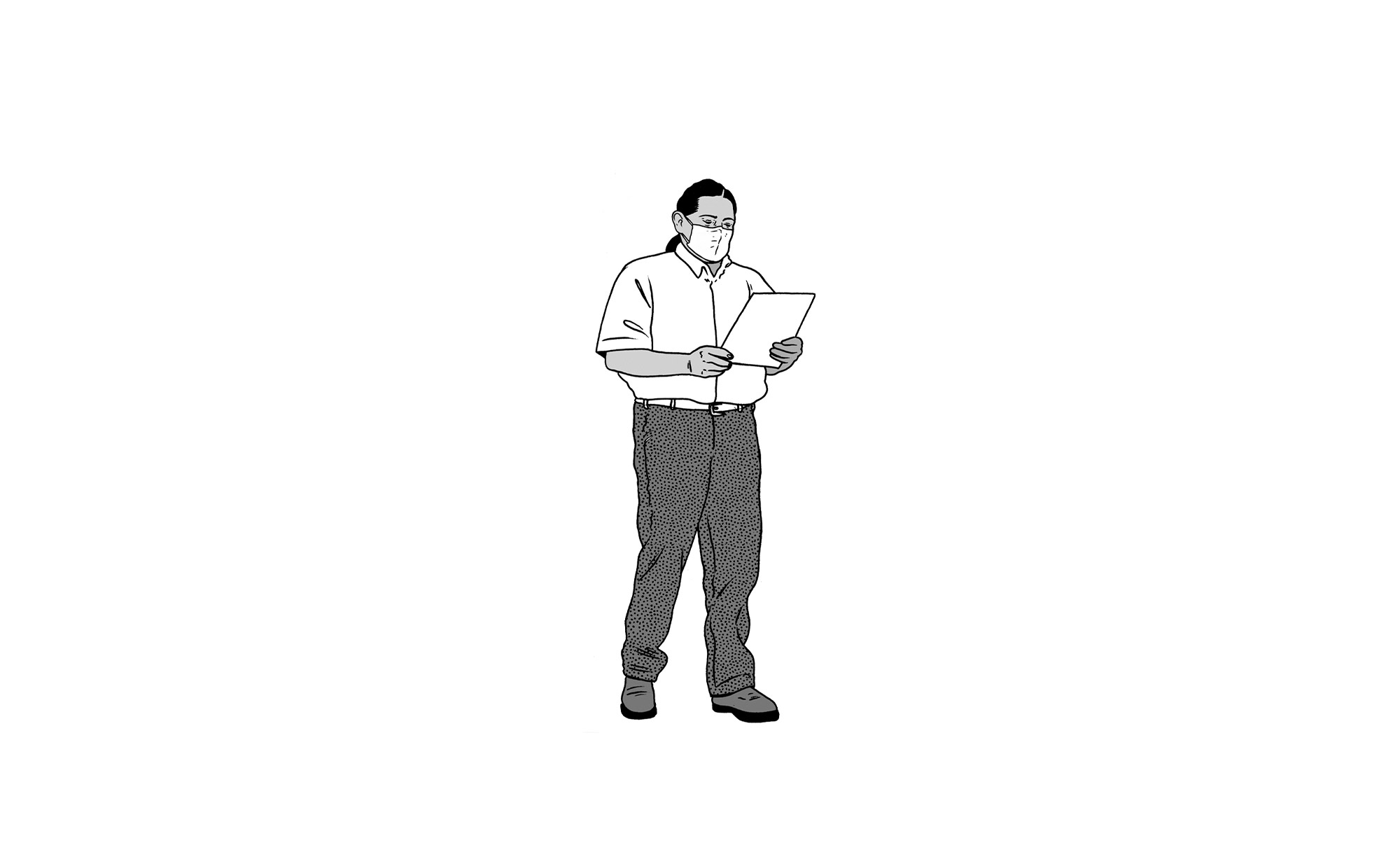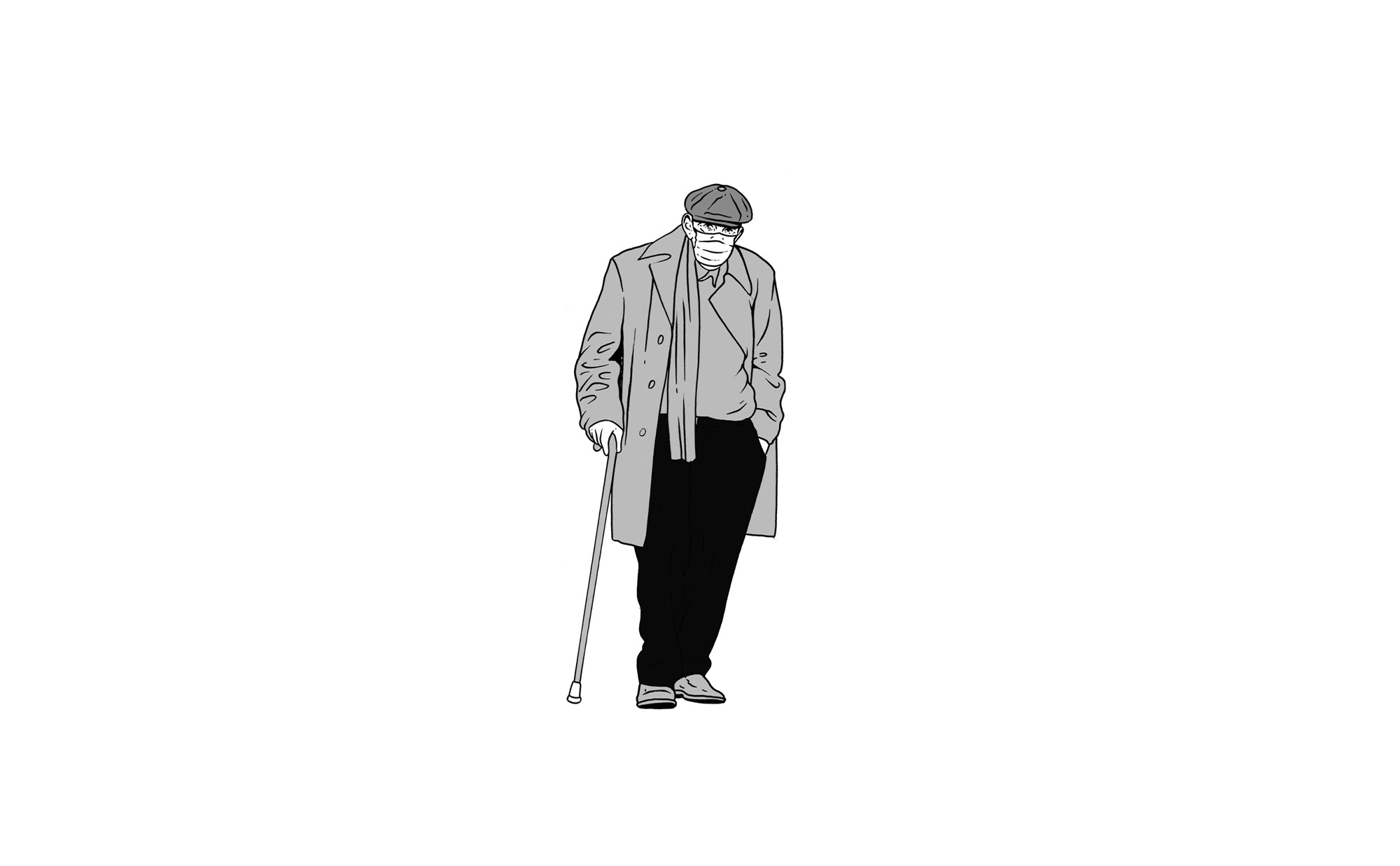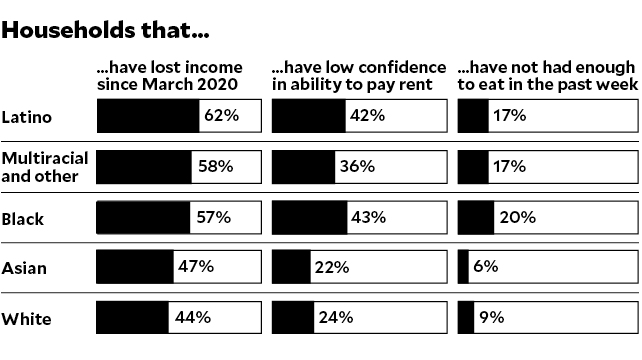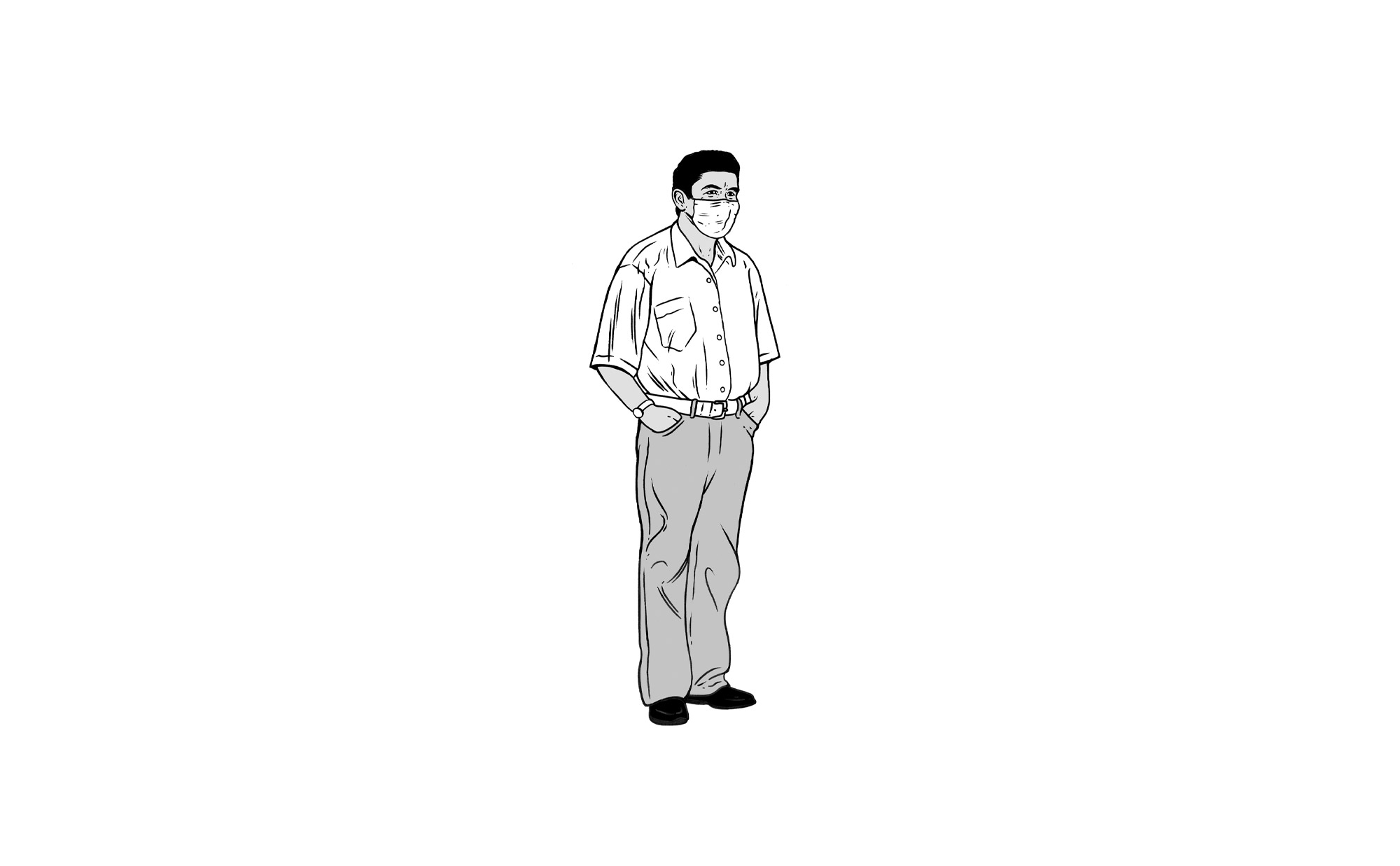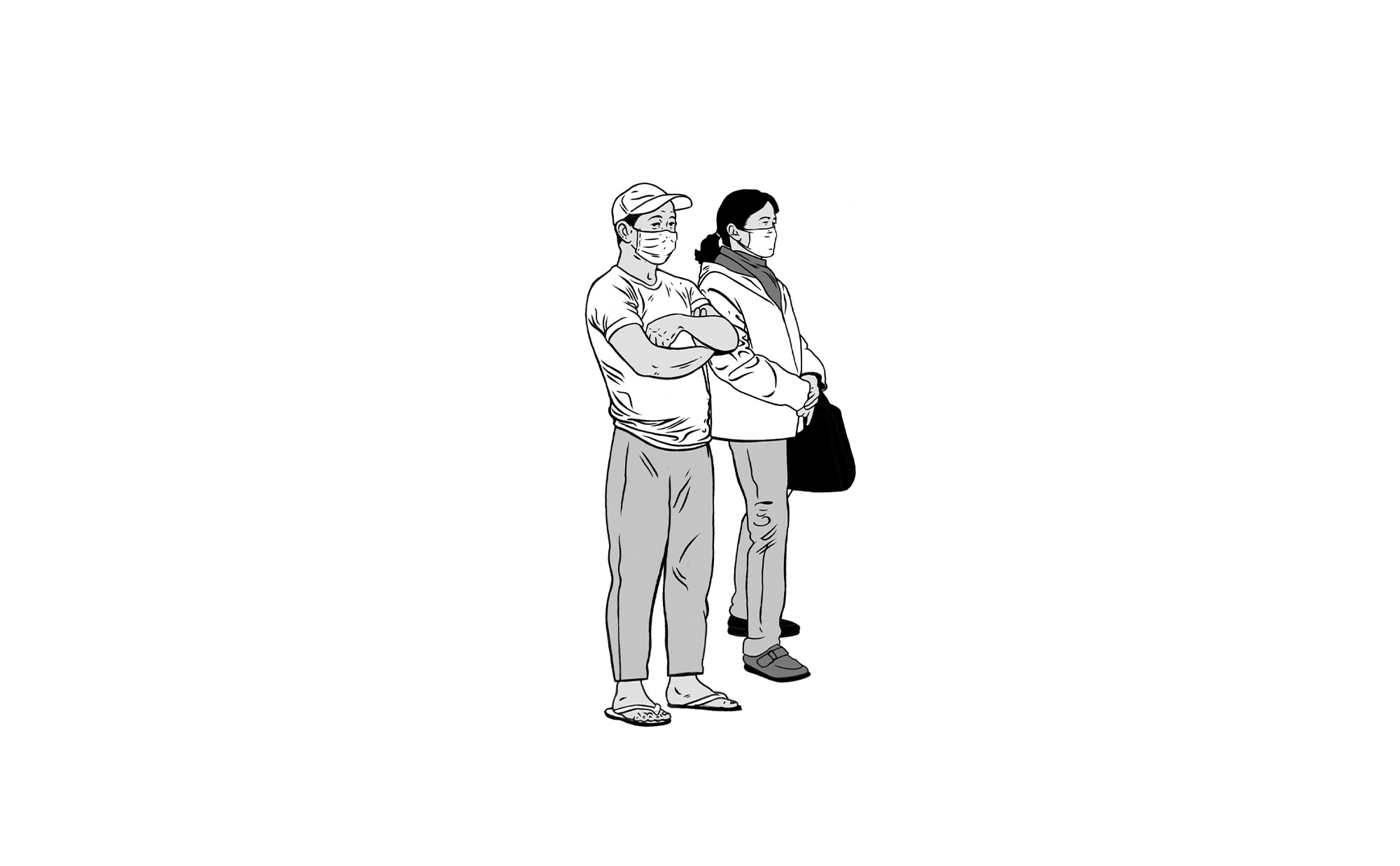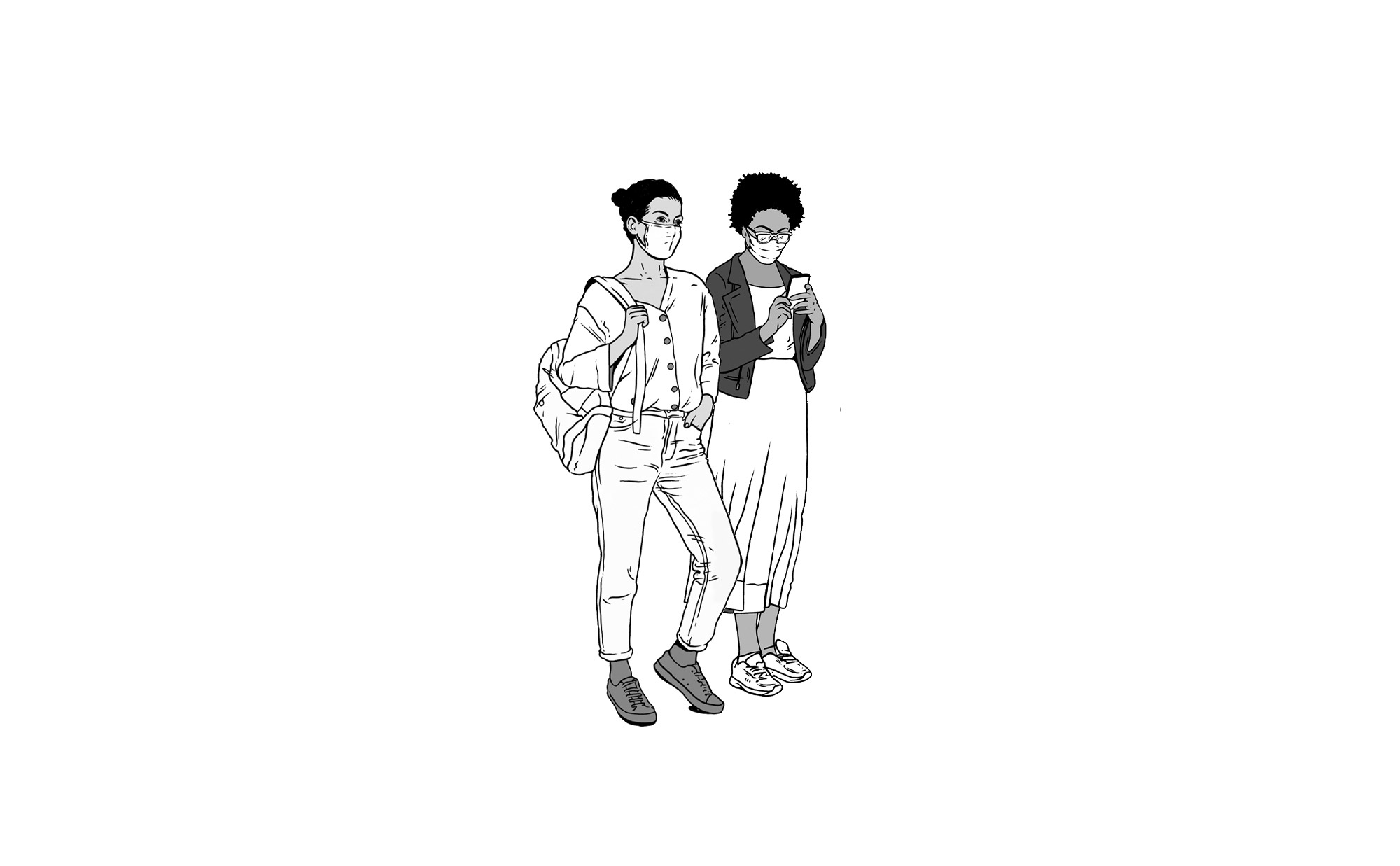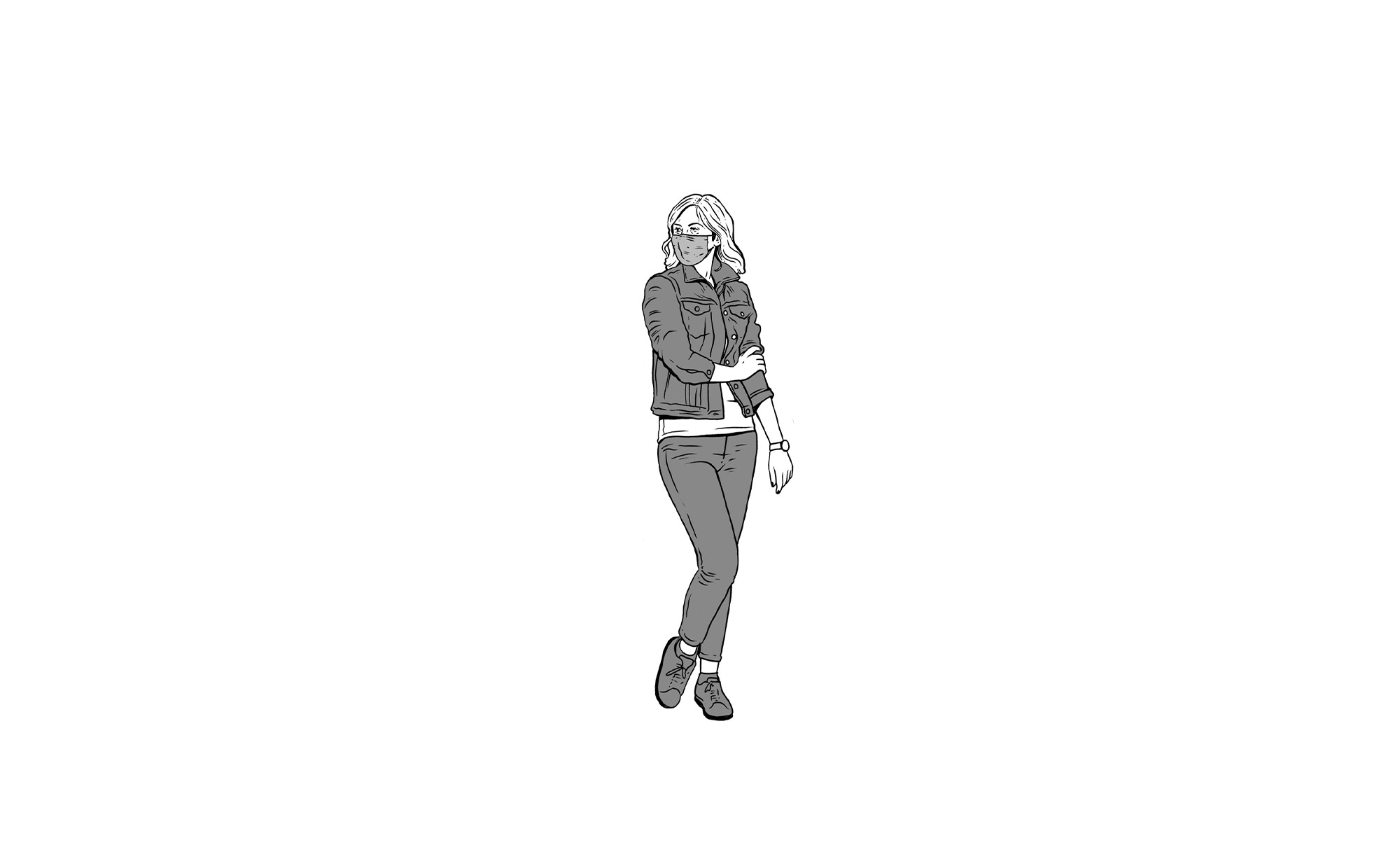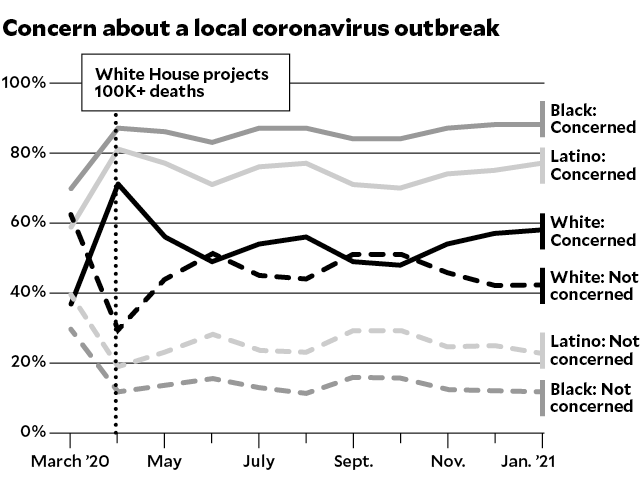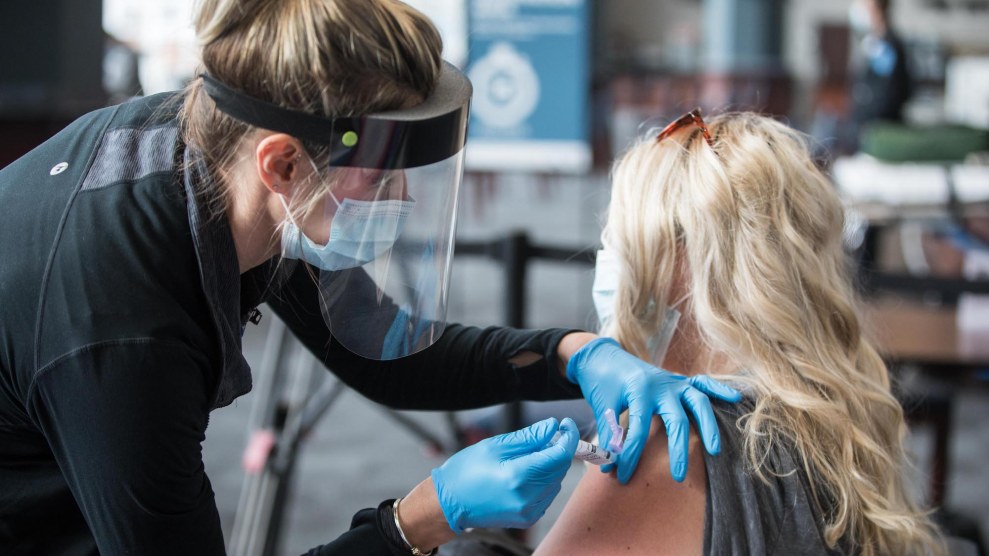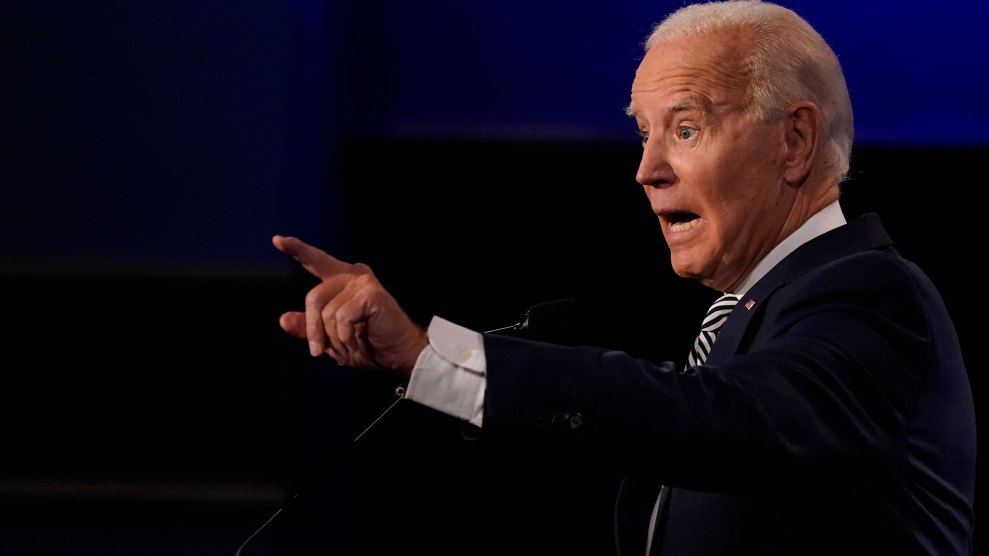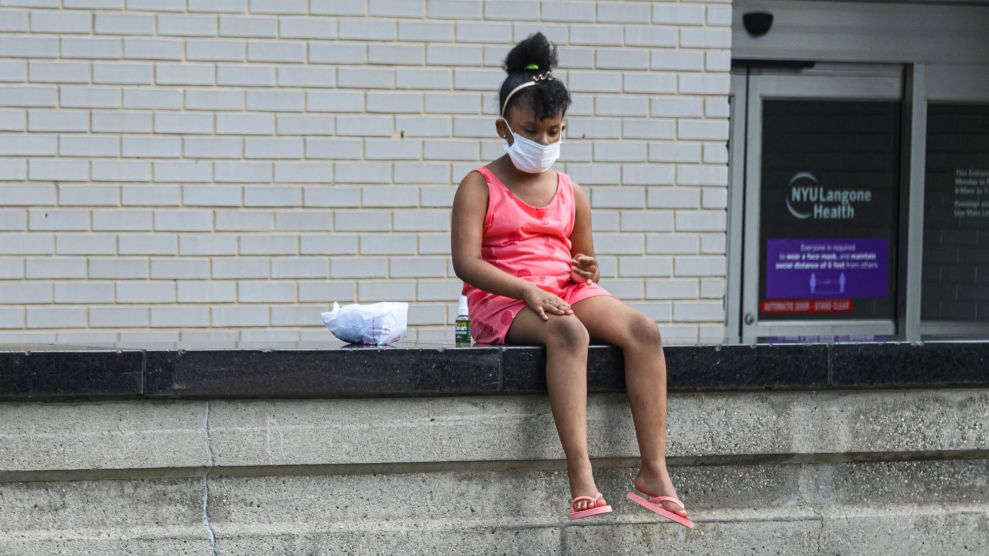COVID-19 doesn’t discriminate, but the havoc wrought by the virus—the deaths, economic devastation, and intergenerational trauma—has disproportionately affected Black, Latino, and Native American communities. The Trump administration’s feckless response didn’t help, yet even proactive steps have reinforced preexisting inequities: Stay-at-home orders protected people with the privilege to work remotely while frontline workers, disproportionately Black and Latino, took on greater risk of exposure. People of color have also experienced more unemployment and financial insecurity. As Mary Bassett, director of Harvard’s François-Xavier Bagnoud Center for Health and Human Rights, explains, none of this is caused by the virus itself: “It’s because of the social consequences of race in our society, which has been reinforced by decades, centuries of bad practices and policies.”
Illustrations by Louise Pomeroy
Sources: Death rates: Calculations based on data from the Centers for Disease Control and Prevention (data as of February 3, 2021) and Census Bureau; household surveys: Census Bureau (data as of January 6, 2021); California excess deaths: JAMA Internal Medicine; Latina unemployment rates: Bureau of Labor Statistics; life expectancy drops: Proceedings of the National Academy of Sciences; women’s job losses: National Women’s Law Center; vaccination rates: Kaiser Health News (data as of January 14, 2021); Black men’s unemployment rates: Bureau of Labor Statistics, St. Louis Fed; concern about local outbreak: Civiqs

